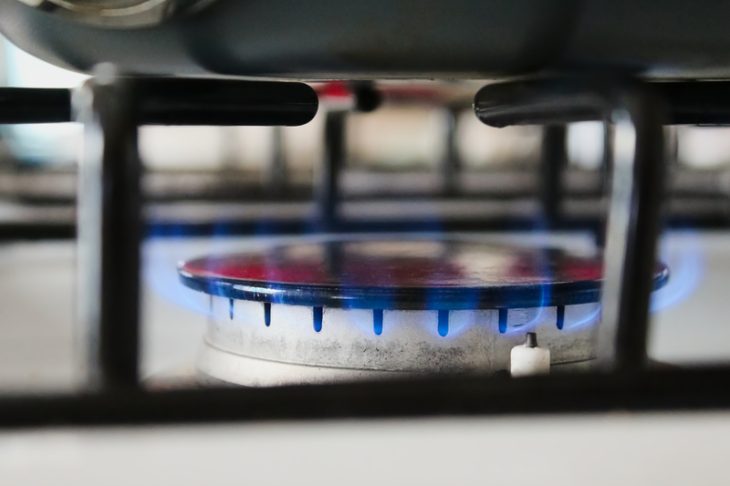The European Union is putting more and more pressure on Russian liquefied natural gas importers to reduce their purchases this year, European Energy Commissioner Kadri Simson said, reports Bloomberg.
These pressures are part of a wider campaign by Europe to alter its sources of supply and undermine funding for Russian President Vladimir Putin’s “war machine” after the start of the invasion of Ukraine, writes Bloomberg.
While pipeline deliveries of Russian natural gas to the EU fell to historic lows, the bloc’s imports of Russian liquefied gas rose. Kadri Simson revealed that he discussed this topic on Friday at an energy meeting with US officials, who are currently the EU’s main supplier of liquefied gas, according to Agerpres.
“My message was that this year we have to give up even more Russian exports,” said Kadri Simson at the end of the US-EU Energy Council, which took place in Washington. “Within the EU, we are gradually increasing the pressure on European players to reduce their purchases of Russian liquefied gas and, again, confidence in the supplies from the US is important,” added the European commissioner.
Member state governments will gain a new tool to stop purchases of Russian gas after a new law comes into effect in a few weeks that will allow governments to block such supplies without having to resort to sanctions. Some member states have asked the European Commission to ensure a coordinated use of the regulations, to avoid Russian gas supplies being redirected to neighboring countries, which could delay the implementation of the new regulations.
The measure will allow EU member states to temporarily prevent exporters from Russia and Belarus from reserving the infrastructure capacity they need to deliver liquefied gas and natural gas in order to protect their vital security interests.
“In recent months, we have seen how the revenues collected by Russia have decreased, but we still have a lot to do to prevent Russian liquefied gases from coming to the European markets,” Simson said. She added that the EU bloc can cope with the cessation of transit of Russian natural gas through the pipelines that cross Ukraine, “without major risks to security of supply.”
These deliveries, which currently amount to approximately 14 billion cubic meters, cover most of the gas demand in Austria, Hungary and Slovakia.
